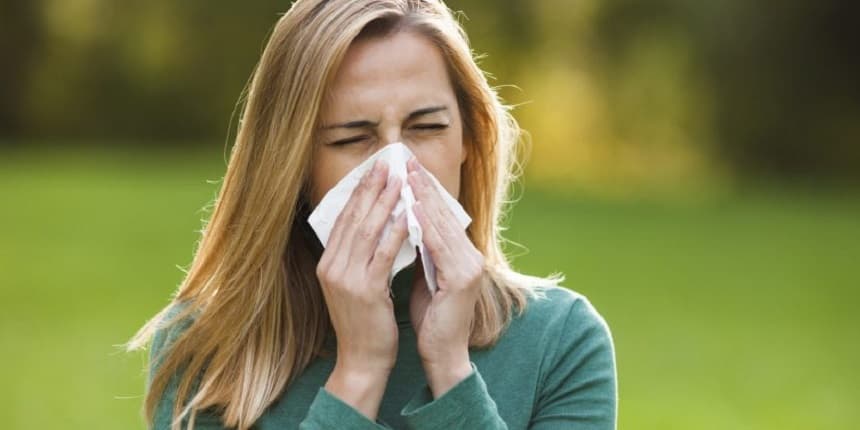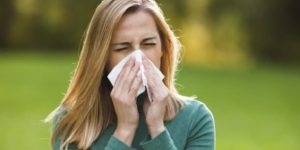
Got Your Allergic Rhinitis Bothering You?
 If you have nasal allergies (also called allergic rhinitis), you’re not alone: Allergies are incredibly common. Allergic rhinitis, hay fever or nasal allergy, as it is commonly known, is a condition associated with a group of symptoms affecting the nose, such as runny nose, itchy nose (could include mouth, eyes, throat, and skin), sneezing, coughing, smell disorders, puffiness under the eyes, fatigue, and headache, among others. These symptoms occur when patient inhales in something she or he is allergic to.
If you have nasal allergies (also called allergic rhinitis), you’re not alone: Allergies are incredibly common. Allergic rhinitis, hay fever or nasal allergy, as it is commonly known, is a condition associated with a group of symptoms affecting the nose, such as runny nose, itchy nose (could include mouth, eyes, throat, and skin), sneezing, coughing, smell disorders, puffiness under the eyes, fatigue, and headache, among others. These symptoms occur when patient inhales in something she or he is allergic to.
If you are suffering any of these symptoms you could have allergic rhinitis.
Seasonal pollen, dust or animal dander are common allergens that trigger in the body a chemical reaction that generates allergy symptoms. Mostly in spring, trees, grasses, and weeds are common allergens that bring these bothering symptoms. In Barcelona, which is surrounded by a lot of plantain trees, olive trees, and pellitories, allergic rhinitis is a common diagnosis during this part of the year. Even when allergic rhinitis is highly frequent in this season there are some other nasal allergies that could be present in others periods or be perennial. Family history of allergic rhinitis increases the probability of suffering it.
After performing a complete medical history, your physician (ENT Specialist, Otorhinolaryngologist, allergologist, family doctor) will explore you and demand some tests.
The ENT specialist deals with conditions affecting the ear, nose, and throat (ENT) region. Our Barcelona Ear Nose and Throat doctors have thorough knowledge of the workings of the head and neck region. The ENT doctor is able to diagnose conditions such as ear infections, tinnitus, congenital ear conditions, sinusitis, rhinitis, laryngitis, asthma, problems with smell and allergies.
The medicine your doctor prescribes depends on your symptoms and how severe they are. Your age and whether you have other medical conditions, such as asthma, will also be considered.
During pollen season, you should not stay outdoors (basically in early morning or at night), stay indoors where it is air-conditioned, if possible. Sleep with the windows closed, and drive with the windows rolled up.
Leave a Comment
(0 Comments)